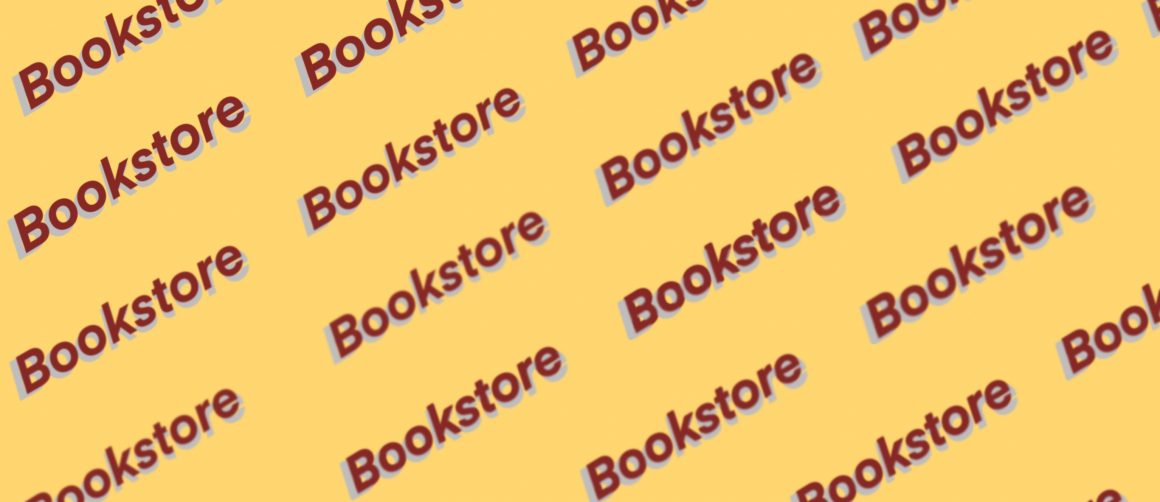
Updated statements by SU and university administration on possible privatization of the bookstore
By Cristina Paolozzi, April 19 2021—
In a statement by the Students’ Union (SU) on April 8, students were updated on the possible privatization of the University of Calgary bookstore. The university is considering using a third party — the American company Follett — to provide services to run the bookstore.
The statement reads, “Follett has a negative reputation on many campuses where it operates bookstores. It has raised the cost of textbooks on students while also often decreasing student choice on where to purchase books by having students pay for books up front when they pay their tuition. The bookstore currently sells textbooks as close to cost as possible and maintains a book loan program. The SU is concerned that this is at risk if the university pushes forward on privatization.”
On April 14, Linda Dalgetty, vice-president finance and operations wrote an article for UToday that detailed the university’s decision for exploring options like Follett as well as to provide clarification to the university community.
One of the reasons the university is considering using Follett’s services is because the bookstore does not receive funding from the provincial government, student tuition or student fees, and sales from the bookstore have decreased approximately eight per cent, according to Dalgetty’s article.
“The University Bookstore receives no funding from the provincial government, student tuition or student fees. While it’s not private, the bookstore operates in the same manner as a private business. It must earn sufficient revenue to cover all operating and capital expenditures including the full costs of occupancy, including utilities, maintenance, caretaking and waste disposal, in respect of the space it occupies in Mac Hall,” the article reads.
“Over the last five years, sales revenue from the bookstore has decreased by approximately eight per cent, per year. The decreased revenue is not sufficient to fund the operational and capital expenditures required to maintain the current operational model of the bookstore. This is not unique to the University of Calgary. Students now have many choices to obtain textbooks. They are choosing to exercise that choice by buying textbooks online, or finding options to borrow, rent or download textbooks,” the article continues.
Dalgetty’s article also reads that they will be launching a survey on April 19 to gain more community feedback.
A statement from the SU on April 16 shared that a consultation between SU president Frank Finley and vice-president operations and finance Mohammad Ali took place on April 15 in which the SU was able to share some student concerns with university administration.
“Going into the meeting, the SU was concerned about increased costs on students not only for textbooks but for supplies and apparel that are sold at the bookstore. In addition, programs like the Book Loan Program and even student ability to shop around to find the best price on textbooks could be at risk.”
In a statement to the Gauntlet, Dalgetty ensured that two major programs will still be maintained regardless of Follett’s possible transition — the Buyback program, and the Book Loan program.
“Through our Buyback program, we get many of our used books directly from our students — and pay them, not a company. But it’s not just us — we pass used books on to other universities across Canada, so everyone can save on their education,” Dalgetty responds. She also maintains that, “there will always be a place for used book sales on campus.”
“The University of Calgary Bookstore is proud to offer the Book Loan program, helping students afford higher education since 2003. While we work to keep our textbook prices as low as possible across the board, some students need a little more help. We select 20 students each semester who demonstrate financial need and a real commitment to learning and lend them their required books,” Dalgetty continues.
In a Letter to the Editor written by anonymous workers at the U of C bookstore, they highlighted the harm privatizing the bookstore could bring to students at the university as well as to the staff of the bookstore.
“The fact is that privatization will be bad for everyone at the university. It will be bad for students, who will see their textbook money shipped out into the bank accounts of a for-profit corporation. It will be bad for workers, who can expect wage cuts and a drop in stability. And it will be bad for other staff as well, who will need to rely on the services of a faraway corporation to get essential university business done,” the letter reads.
Despite student consultations with university administration, the SU’s latest statement reflects uncertainty in relation to students employed at the bookstore as well as their commitment to understanding student concerns through this process.
“It still remains unclear at this point what will happen to current bookstore staff, including student employees who work there. This is concerning. The university is planning to survey students and the university community. The university did not commit to share the survey results with the SU or make them public. In order to understand student concerns better, the SU will be putting out a survey on the bookstore as soon as possible.”
